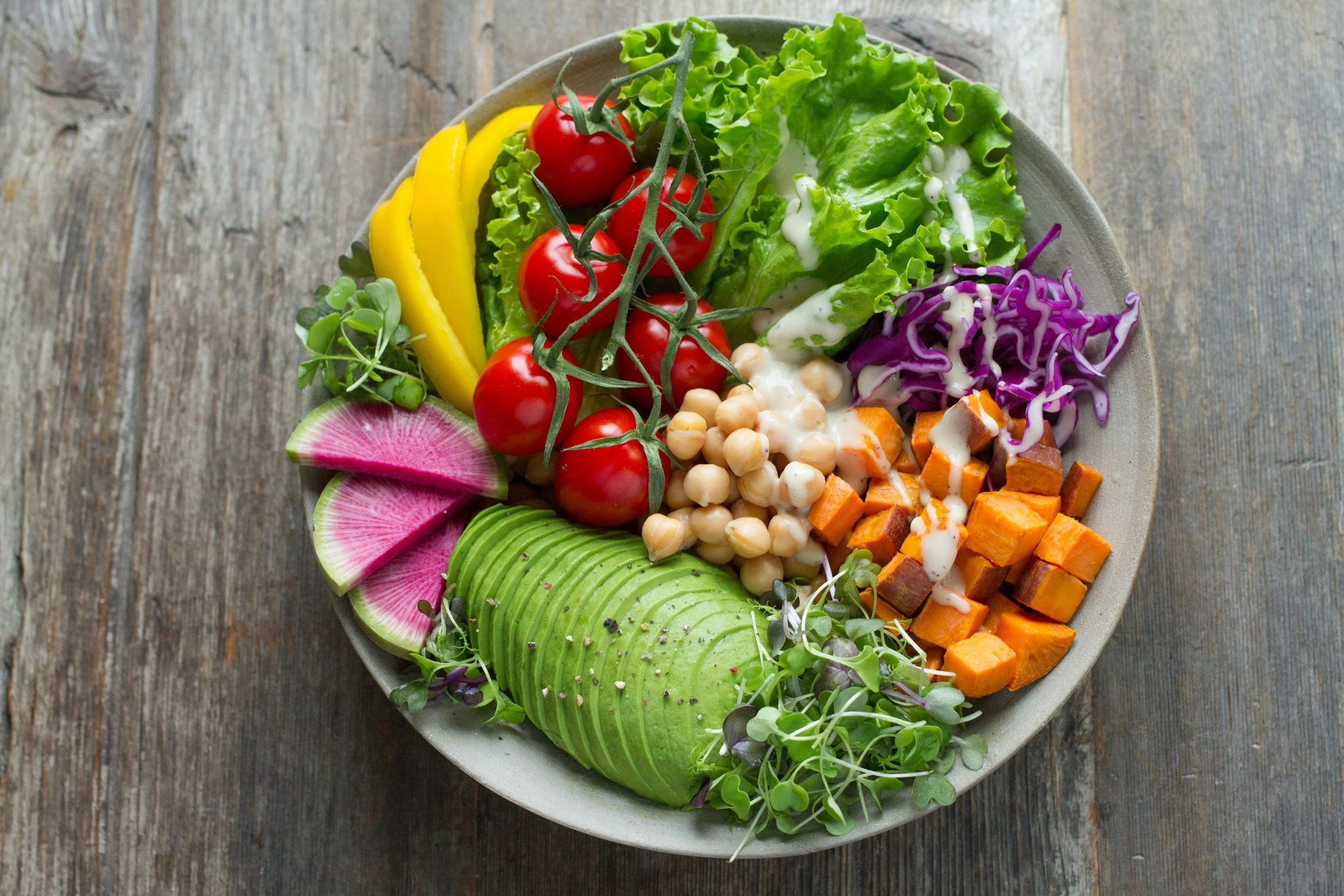5 Evidence-Based Food Hacks to Lower Your Cholesterol – And Potentially Reduce Your Statin Dose
If you’ve been told your cholesterol is high and have been started on a statin, you may be wondering whether diet could help reduce the dose — or, in some cases, avoid the need for one altogether. Many people in their 70s and 80s feel hesitant about taking new long-term medication, especially if they’ve always stayed active and healthy.
The promising news is that specific foods can lower LDL (“bad”) cholesterol by 20–35%, often within a few weeks. In some individuals, this reduction is enough for their GP to safely reconsider medication.
As an osteopath, I never advise anyone to stop medication — that decision is always made with your GP. But what I can offer is a clear summary of the strongest dietary evidence available.
Why Cholesterol Matters
LDL cholesterol contributes to atherosclerosis — the build-up of fatty plaques in the arteries.
Large-scale research shows:
High LDL-C and non-HDL-C directly increase the risk of heart attack and stroke.
Reducing LDL by 1 mmol/L lowers major cardiovascular events by 22–25%.
How These Foods Lower Cholesterol: What Happens in the Gut?
Diet influences cholesterol far beyond simply “eating less fat.” The foods below act on different steps of the cholesterol cycle, reducing how much your gut absorbs and how much your liver produces.
Here’s how each one works:
1. Soluble Fibre – The “Cholesterol Sponge”
Foods: oats, barley, beans, lentils, psyllium, apples, pears
When soluble fibre mixes with water it forms a thick gel in the gut.
This gel traps bile acids (made from cholesterol) and carries them out of the body.
Because your liver must replace those lost bile acids, it pulls extra cholesterol out of your bloodstream — lowering LDL.
2. Plant Sterols – The “Molecular Decoys”
Foods: fortified spreads, yogurt drinks
Plant sterols look almost identical to cholesterol.
In the intestine, they compete for absorption, meaning less real cholesterol passes into the bloodstream and more is excreted.
3. Nuts – Healthy Fats That Improve Cholesterol Handling
Foods: almonds, walnuts, pistachios
Nuts contain monounsaturated fats and small amounts of natural plant sterols.
These:
reduce cholesterol production in the liver
reduce absorption in the gut
Together they modestly but reliably reduce LDL.
4. Soya Protein – Encourages the Liver to Clear More LDL
Foods: tofu, soya milk, edamame
During digestion, soya releases active peptides that help the liver increase LDL receptors — the “hooks” that remove LDL from the bloodstream.
More receptors = lower LDL levels.
5. Extra-Virgin Olive Oil – Switches Off LDL Production Pathways
Replacing saturated fats (butter, lard) with unsaturated fats signals the liver to produce less LDL cholesterol.
This complements the gut-based effects of the other foods.
How They Work Together
Each food affects a different part of the system, which is why combining them (the Portfolio Diet) produces LDL reductions approaching 30–35% — comparable to a low-dose statin.
The 5 Hacks Proven to Lower LDL Cholesterol
Hack 1: Start Your Day With Oats or Barley
Impact: 5–10% LDL reduction
Amount: 40–50 g oats
Soluble fibre blends directly into the “cholesterol sponge” effect.
Hack 2: Eat a Daily Handful of Nuts
Impact: 5–10% LDL reduction
Amount: 40–60 g per day
Hack 3: Add a Plant-Sterol Food Every Day
Impact: 8–12% LDL reduction
Amount: 2–3 g plant sterols (yoghurt drinks or spreads)
Hack 4: Include 25 g Soya Protein Most Days
Impact: 4–8% LDL reduction
Hack 5: Switch to Extra-Virgin Olive Oil for Cooking & Dressing
Impact: 10–15% LDL reduction
A Simple 7-Day Starter Plan
Breakfast
Oats with soya milk, walnuts and berries
Wholegrain toast with plant-sterol spread + fortified yoghurt
Lunch
Lentil or bean soup
Large salad with olive-oil dressing and tofu or edamame
Oily fish twice weekly
Dinner
Tofu stir-fry with brown rice or barley
Bean casserole
Grilled fish with vegetables
Snacks
Nuts
Apples, pears, berries
Drinks
Water, tea, filtered coffee
Keep alcohol <14 units/week
Other Lifestyle Steps That Help
150 min/week exercise: ~5% LDL reduction
Strength training: supports metabolic health
Lose 3–5 kg if overweight: ~5–8% LDL & triglyceride reduction
Stop smoking: immediate cardiovascular benefits at any age
How to Reduce Your Medication — Safely
Follow these five dietary steps for 8–12 weeks
Arrange a repeat cholesterol test
Bring the results to your GP
Discuss whether your statin can be reduced or stopped
Never change medication without medical advice.
Final Thought
These changes don’t just lower cholesterol — they support heart health, digestion, blood pressure, and overall wellbeing. Many people feel noticeably brighter within a few weeks.
If you’d like a printed copy of the Portfolio Diet guide and a more detailed meal plan, feel free to drop us a line.
Warmly,
Bernitta J Willoughby M.Ost DO PGD WHO
Principal Osteopath
The Waterside Practice, Warboys
01487 209 084 / Reception@TheWatersidePractice.co.uk
References
Cholesterol, risk and statins
Cholesterol Treatment Trialists’ Collaboration. Efficacy and safety of LDL-lowering therapy. Lancet, 2022.
Emerging Risk Factors Collaboration. Major lipids, apolipoproteins and cardiovascular disease. JAMA, 2009.
Framingham Heart Study. Long-term cohort data on cardiovascular risk and cholesterol.
Dietary interventions
Ho HV et al. Soluble fibre and lipid lowering: systematic review and meta-analysis. Am J Clin Nutr, 2016.
Ras RT et al. Plant sterols and stanols: LDL-lowering efficacy in meta-analysis. Atherosclerosis, 2014.
Mejia SB et al. Effect of soy protein on LDL-C: systematic review and meta-analysis. J Nutr, 2019.
Del Gobbo LC et al. Nut consumption and lipid profiles: systematic review. Am J Clin Nutr, 2015.
Hooper L et al. Reduction of saturated fat for cardiovascular disease. Cochrane Review, 2020.
Sacks FM et al. Dietary fats and cardiovascular health. Circulation, 2017.
Portfolio Diet trials
Jenkins DJA et al. Dietary portfolio vs. statin therapy: randomised trials. NEJM, 2003.
Jenkins DJA et al. Long-term effects of portfolio diet. JAMA, 2011.
Jenkins DJA et al. Updated portfolio trials. J Am Heart Assoc, 2021.
Lifestyle
Look AHEAD Research Group. Weight loss effects on cardiovascular risk markers. Obesity, 2014.
Physical Activity Guidelines Advisory Committee. Impact of exercise on lipids. AHA Scientific Review, 2018.
Urgert & Katan. Cholesterol-raising diterpenes in unfiltered coffee. N Engl J Med, 1995.


